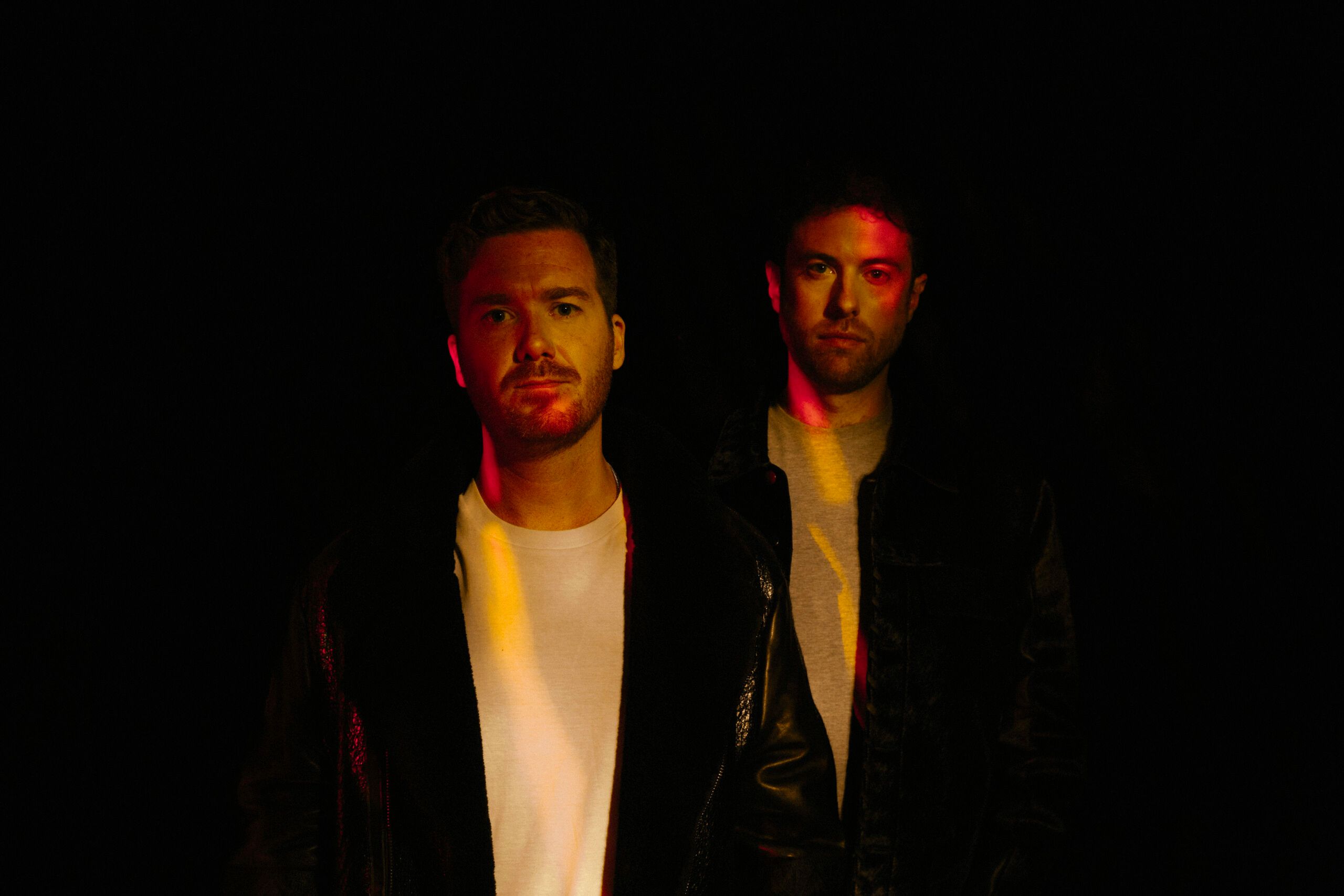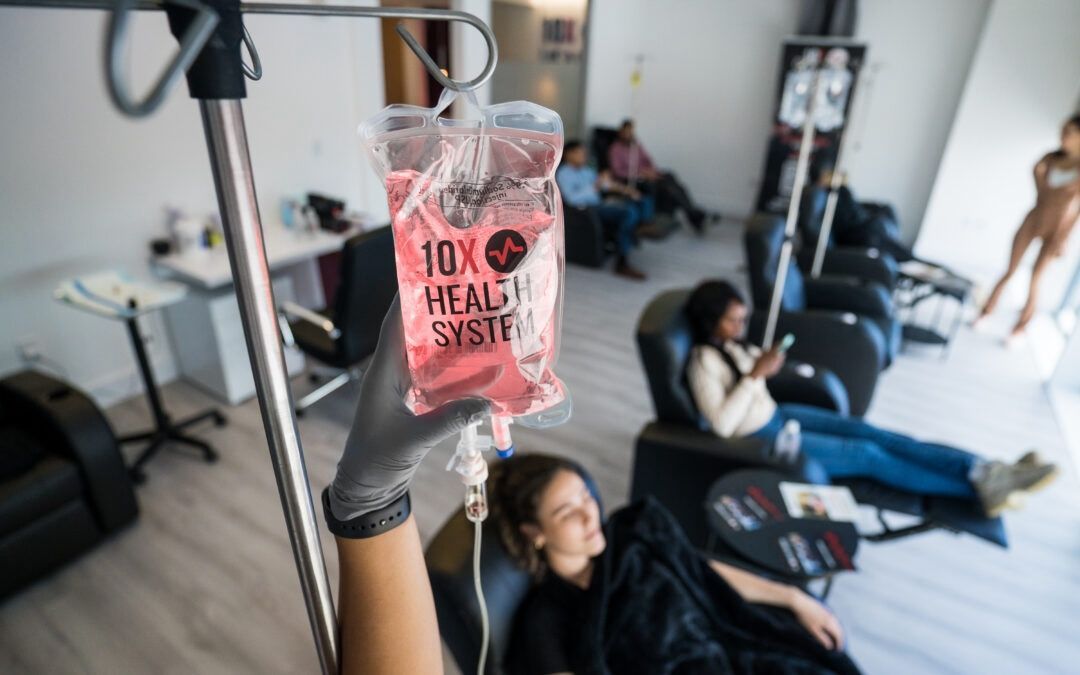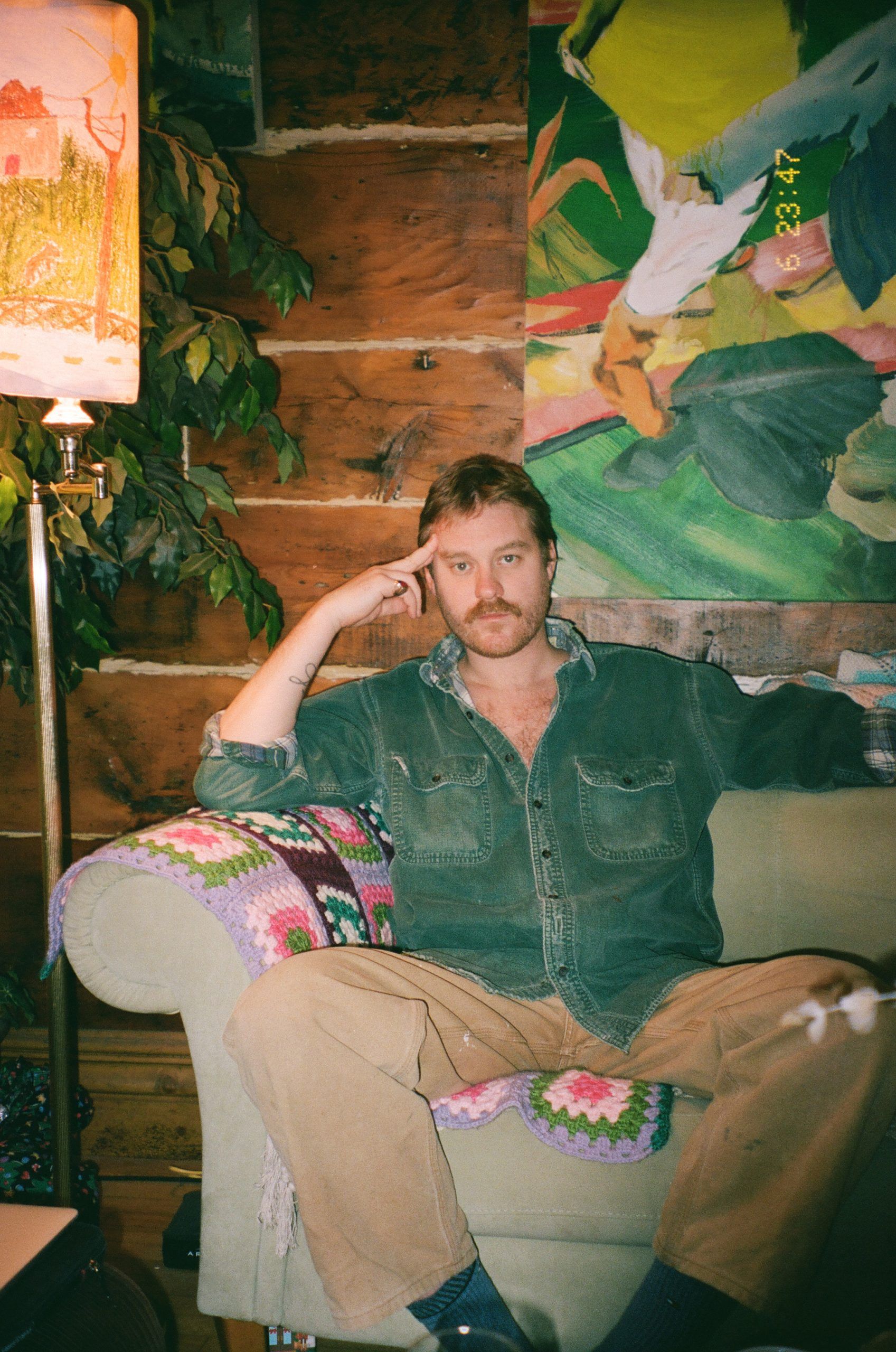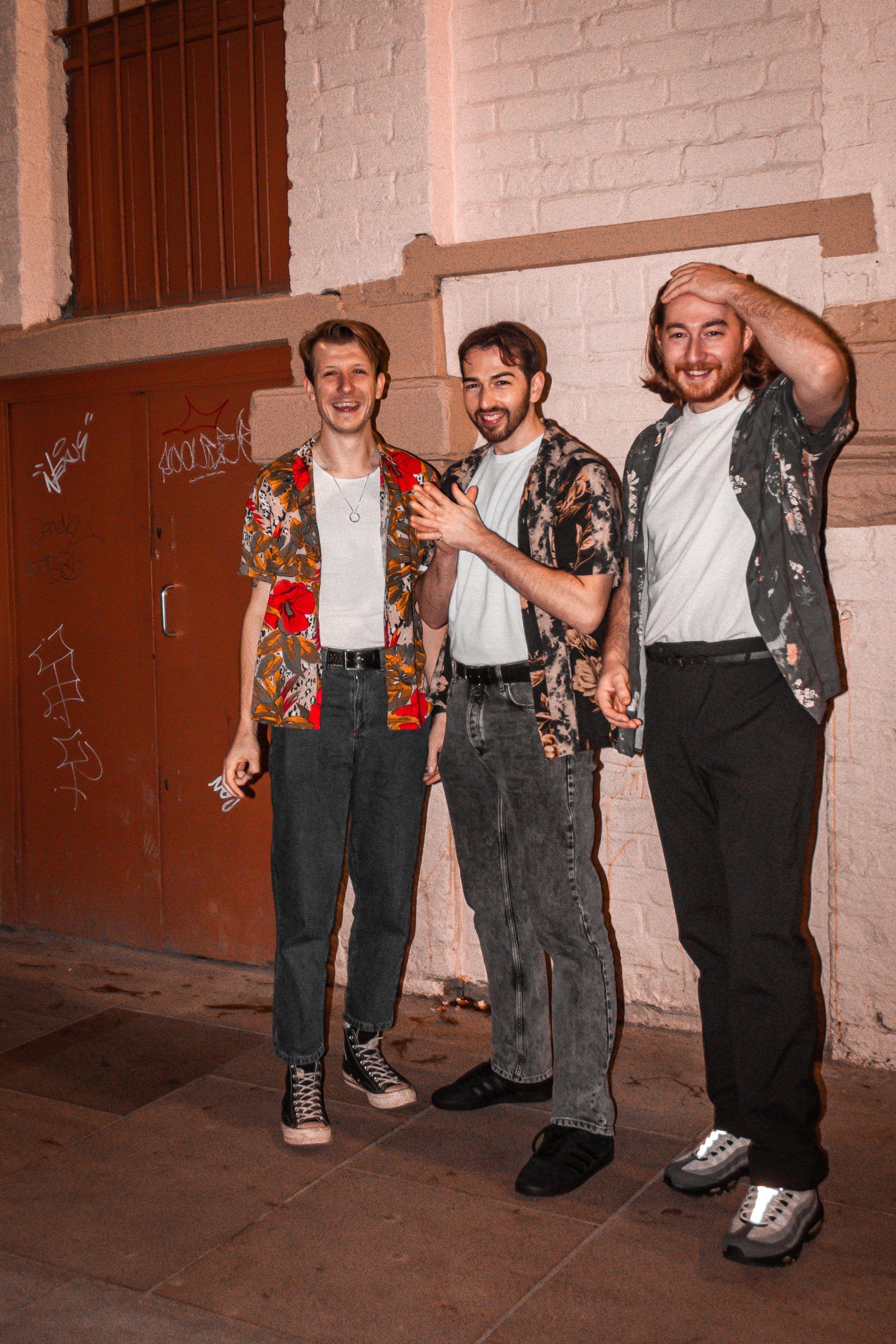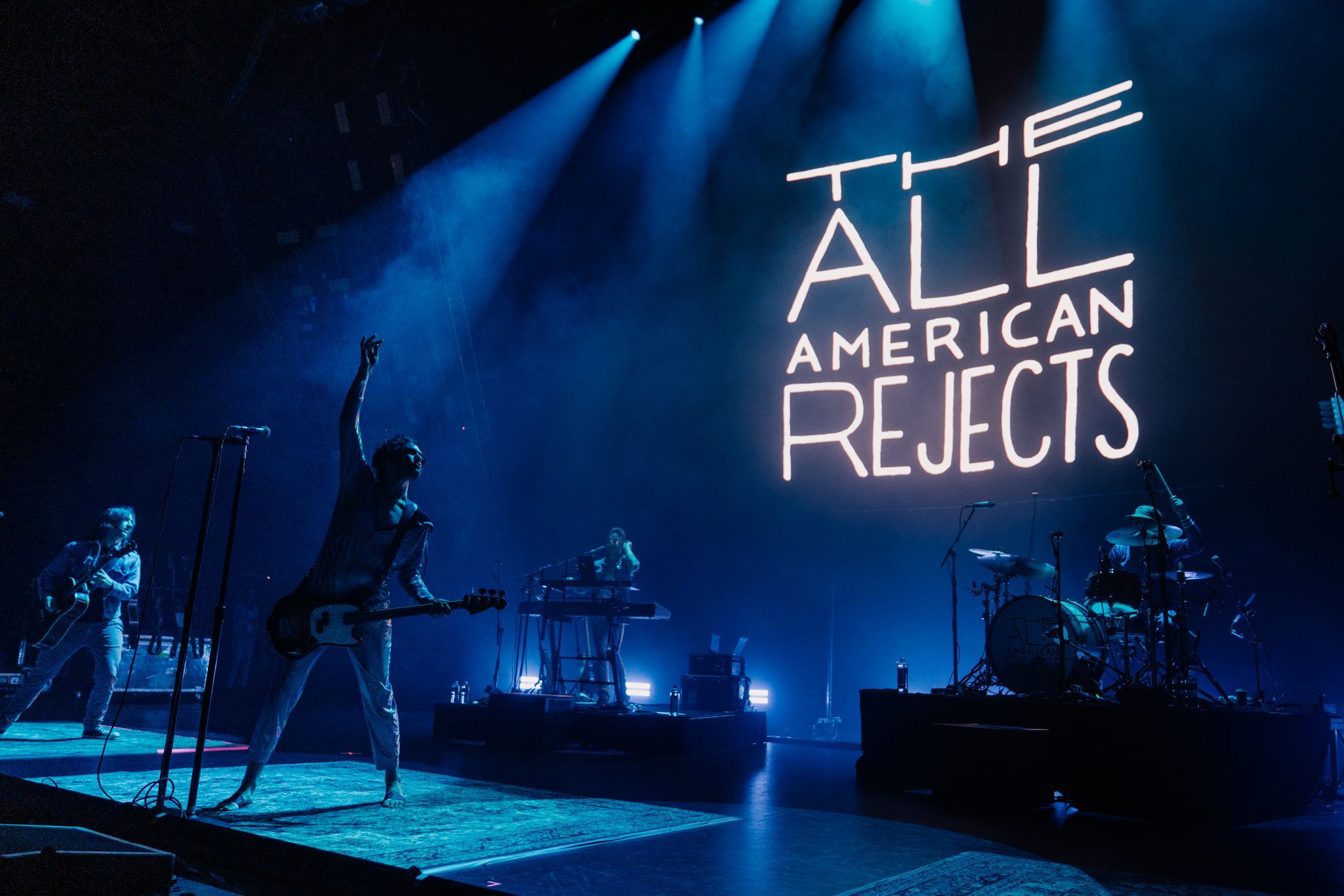With the release of their third studio album Olympia, British production duo Gorgon City hopes to bring people back together on the dance floor.
Kye Gibbon and Matt Robson Scott have long since proved themselves to be one of dance music’s most exciting forces. With a clear vision and penchant for collaborating with genre-spanning vocal talent, it is no surprise they have achieved such success. Over the last near decade on the scene, Gorgon City has sold over 10 million singles and amassed over 1.5 billion streams. While their sophomore album was different in tone and vision than that of the first, the duo’s latest release Olympia finds them returning to the themes and visuals for which they are known.
From its conception, Olympia was destined to stand distinctly & uniquely apart from Gorgon City’s previous albums. With Matt in London and Kye in Chicago, the project was produced remotely across the two continents. For this, the album does not suffer, but shines. Olympia’s massive sonic palette is infused with themes explored best in isolation and informed by the sounds, sights, and feelings of life on the road in a pre-covid world.
In conversation with 1883, Kye and Matt speak about their creative process, going back to their roots, and fostering new talent.
Congrats on the new album! You’ve spent almost 10 years being at the forefront of popular dance culture, in what areas do you think you’ve grown the most as artists?
M: Songwriting was something quite new for both of us when we first started Gorgon City. So, I think that has definitely developed and progressed since we wrote our first album. This new album is an amalgamation of all the influences that we’ve had as producers and as DJs over the past 10 years. It’s the project that we’re most proud of because it shows the progression of our production techniques, the way we work with vocals, and the way we use tracks and play live.
K: I think we’ve matured as songwriters and producers. I think because we’re more confident with the songwriting part of what we do, it’s helped us experiment more with the structures of our songs.
With your third album release almost coinciding with the returning to a sense of normalcy, how did you manage to stay in a creative headspace over the past year?
K: It kind of went in peaks and troughs. We would have long periods of time when we’d be really creative and really productive, and then we’d go through moments of complete creative blockage. It has been a bit of a roller coaster year and a half, emotionally and creatively, up and down. But, we just kept being inspired by the shows that we did before the pandemic and the excitement of potentially going back to playing those shows again. It really motivated us to work.
What was it like producing the project from different continents?
K: It was quite different for us working on this album remotely because I’m in Chicago and Matt is in London. We were lucky enough to do most of the songwriting physically together in the studio before the pandemic, but when it came to producing and finessing the tracks, that was something that we had to do remotely.
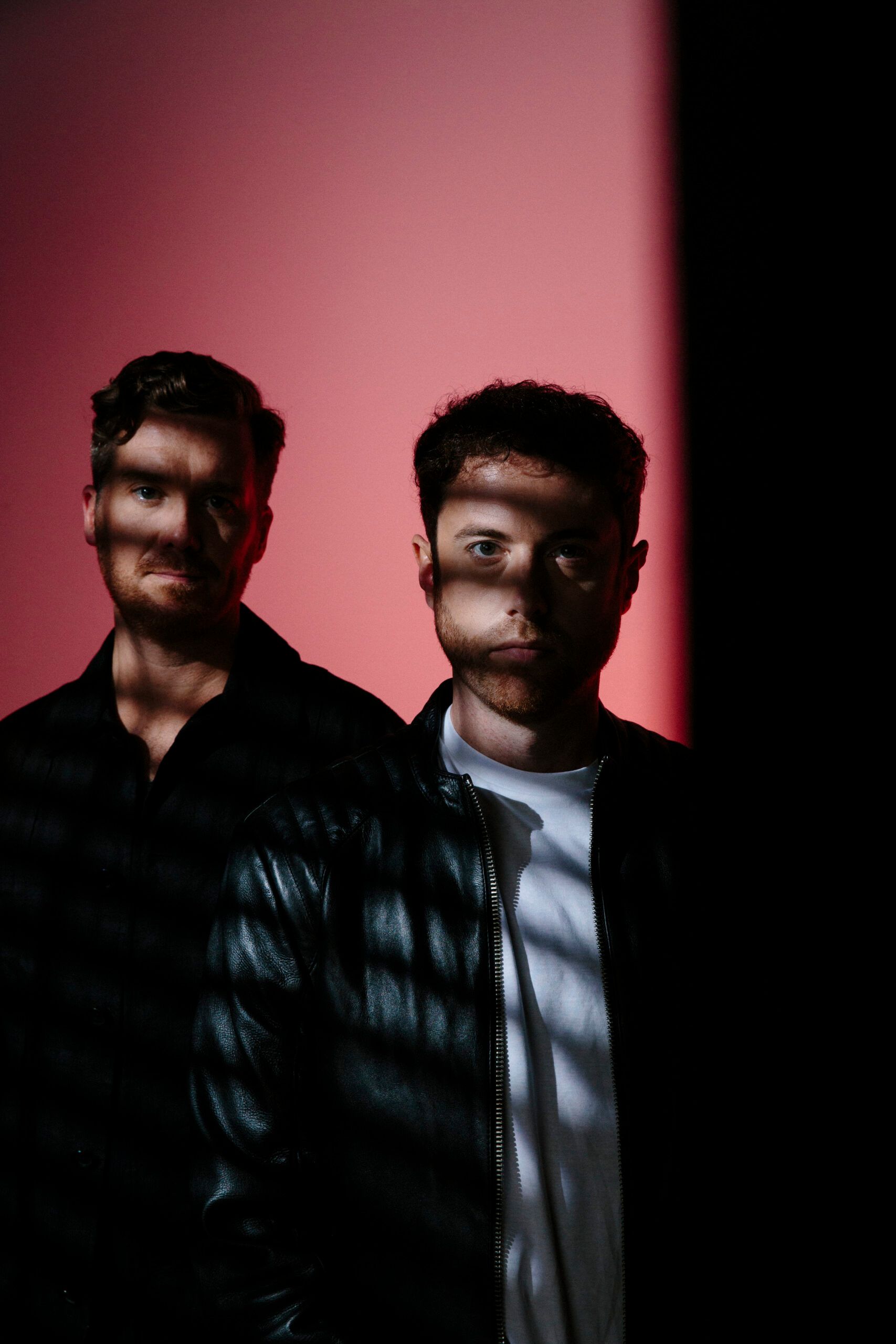
Was there anything you found more challenging or things that were easier?
K: We had to send the projects back and forth across the Atlantic Ocean, so that was a challenge. At the same time, it was kind of cool because we could sit down, take our time with it and really think about every detail of each track. In a way, it was relaxing because we didn’t have this tough deadline or we weren’t on the road all the time, so we could actually focus on the tracks.
M: Yeah, the album definitely grew in size as well because of the extra time we got. We pushed the release date back because of touring and the pandemic and we just didn’t feel like it was right to release it. Originally, it was going to be out a few months before June, but we pushed it back because we wanted the world to be ready and we didn’t want to rush it. As a result, the tracklisting grew by four or five tracks. We had more time to make more music. A lot of new ideas came out of the pandemic and different sorts of emotions and vibes that were part of that. If it wasn’t for the pandemic, some of the album wouldn’t sound the way it does. We’re really happy with the fact that now we’re putting out an eighteen-track album. That’s a big achievement for us.
‘Olympia’ is shrouded in Greek Mythology is that something you’ve always been interested in?
M: Everyone seems to love Greek mythology, it’s a timeless thing and everyone’s so fascinated by it. It spans across generations and never gets old. It’s a cool thing to be able to use. When we started Golden City, we always loved the fact that we had a basic foundation for the creative side of things. This album, especially the aesthetics of it, managed to do that. Our last album, ‘Escape,’ wasn’t as much in that world. But, ‘Olympia’ is all very much based on Greek Mythology. I feel people associate Gorgon city with that kind of visual now. It’s fun to be able to continue playing around with that.
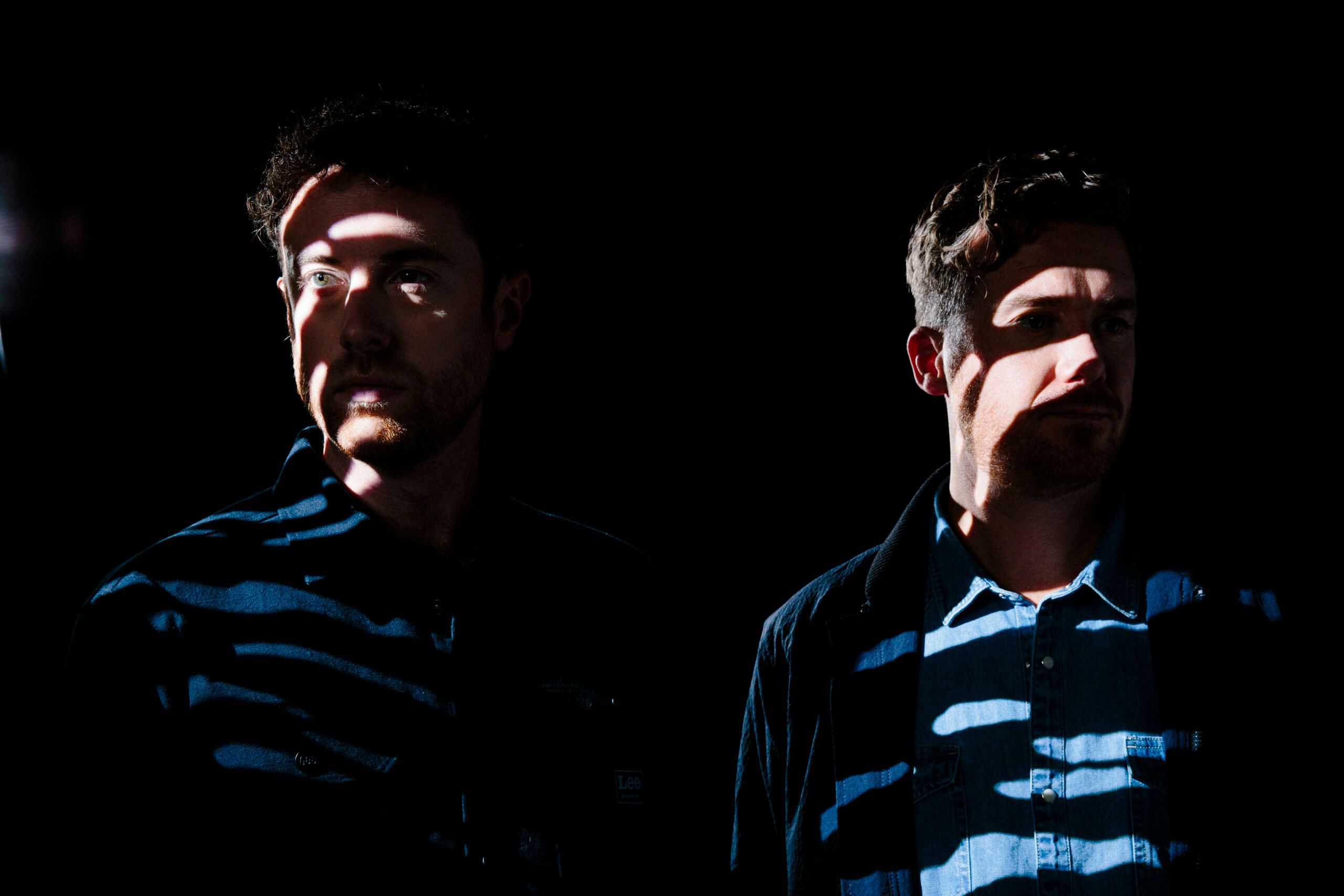
Do you have a favourite tale?
M: [chuckles] I always loved the Medusa myth. When I was a kid, I found the ‘turning people to stone and stuff’ quite scary and really cool. It stuck with me.
K: Yeah, same. [laughs]
M: I remember when our label was developing the artwork for the first album [A stone Medusa bust], although it was so simple and direct, it felt so right. It was the beginning of our association with that world. It’s really powerful, isn’t it? People see those kinds of images and they instantly know what it is. It’s a very strong and bold kind of aesthetic.
Throughout the album, there’s a lot of different themes — there’s love and loss, there is escapism and hope. How did you manage to tie everything together?
K: I think like Matt was saying earlier, if it wasn’t for the pandemic the album wouldn’t have all these extra dimensions. A lot of tracks have this sort of yearning feeling, especially the instrumental/experimental ones. There are tracks that are quite hopeful and tracks that are a bit tongue-in-cheek about the whole pandemic. The album goes on a bit of a journey through all these emotions we were feeling during the pandemic.
Is there a track on the album you’re most excited for people to hear?
K: Yeah, there’s a lot. [chuckles] ‘Oxygen’ in particular along with ‘Dreams.’
M: Yeah, there are two tracks with Jem Cooke, a singer that we worked with before the pandemic kicked in. We’ve always been a big fan of hers and always meant to get into the studio with her for years, but we never managed to hook it up before now. There’s so much emotion behind her voice. We’re really happy with the way the two tunes turned out. – ‘Dreams’ and ‘Ecstasy.’ Also the instrumental ones! I think it’s nice to be able to put more kind of “clubby” sounds on the album; we haven’t really done that before.
Which tracks were the hardest and easiest to finish?
K: Good question. It feels like a lifetime ago that we finished a lot of these tracks. [laughs] The actual songwriting part of the songs has always been the easiest part. We always find that the best tracks are our favourite ones. The actual songwriting part of the session is done so quickly. It’ll be finished in half a day or two or three hours. If it takes anything longer than that, then it feels like the song isn’t right. The production of a song, that’s the bit that can take months and months to finish because that’s what we deliberate over a lot. I can’t think of anything in particular… There isn’t any single track that was harder or easier as a whole.
When you’re writing or producing a song do you have a singer in mind or does that come later?
K: We actually work kind of back to front compared to a lot of dance music producers. A lot of dance music producers will make a full track, completely finish it and then think “this track needs a vocal, who do I send this track to for a vocal?” We kind of work in the opposite way. We sit down with a vocalist and start something completely from scratch, write a song together, and then produce a track.
That probably helps the vocalist relate to the song more.
M: Yeah, definitely. I think it gives a vocalist more freedom. We start with the song and then we write a track around what the song is. It helps guide us as well. We don’t want them to have to force what they write onto the track. It feels more organic the other way around.
You’re developing quite the reputation for discovering new vocalists, is fostering new talent something that is important to you?
K: Yeah, I think we’ve definitely always been interested in that. The reach of a singer doesn’t really influence us too much. We always want to work with vocalists who we’re excited about and who we think have a promising career ahead of them. A lot of the time we work with singers that have never written to dance music before. A lot of the vocalists we work with are folk singers or they do more soulful songs or R&B. For that reason we end up getting the most interesting results because you don’t get a stereotypical dance music vocal; you get one that has got an influence from another genre.
M: Yeah, we love finding new acts from all over the world and being able to promote them and act as a platform for their music. That’s something that we’re really into and it’s one of the main reasons why we started the record label. it feels really amazing to see those artists grow over the years and continue to support their music and work with them. Some of the acts that we’ve worked with have ended up becoming big superstars. It’s amazing to see that.
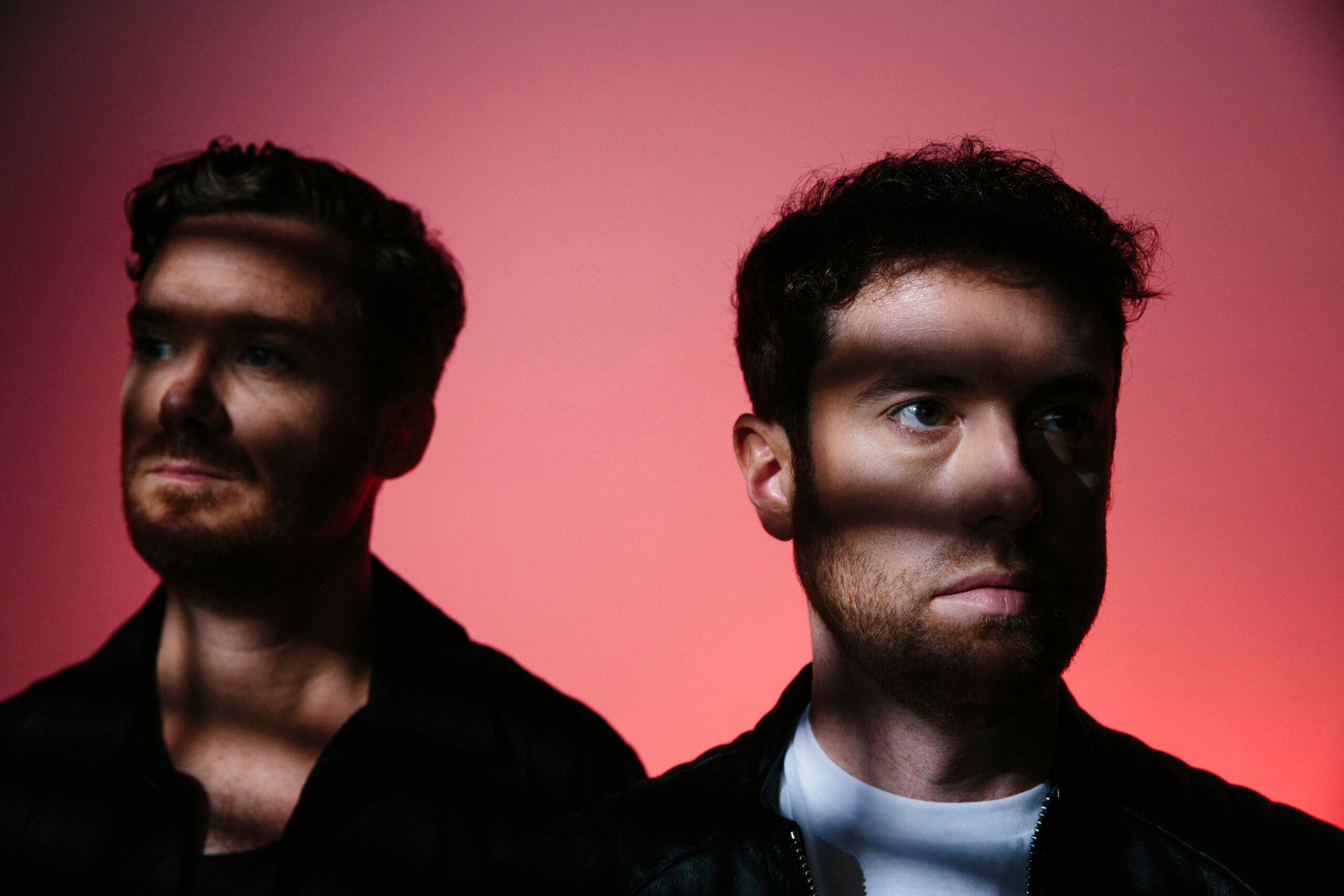
So you’ve announced a tour, including a headline show at Printworks which sold out in 4 minutes. What are you looking forward to most about being able to play shows again?
K: I think being able to test our album out and play our album live. That’s a big reason why we held the release. We didn’t want to release this album during the pandemic; we wanted to be able to play it live while it’s still fresh. Ending this massive tour at Printworks, and for it to sell out so quickly, is just amazing for us. It’s probably our favourite venue in the world. We’ve played it a couple of times and every time it gives us goosebumps and takes our breath away. We’re really excited.
What do you hope people take away from Olympia?
M: Hope.
K: I was going to say hope! [both laugh]
M: Good vibes and good energy.
K: Relief.
M: I think unity as well. People coming together and enjoying music together again.
K: The album could have been called ‘Hope, Relief, and Unity.’ [chuckles]
Interview by Sydney Bolen
Olympia is out now.

